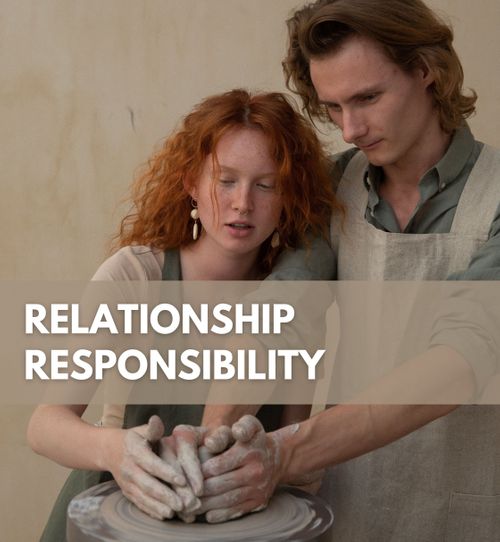This simple shift transforms your personal and work relationships
Jul 18, 2021 · 2 mins read
0
Share

The Arbinger Institute researches how we deceive ourselves in relationships by justifying our worldview instead of engaging with complex reality. Read on to find out what makes people want to connect and cooperate, and four ways we stop this from happening:
Save
Share
People respond less to our words and more to our “way of being” around them. There are two ways of being: out of the box (approaching others as complex people with valid thoughts, feelings, and desires) and in the box (approaching others as objects, threats, or obstacles).
Save
Share
When our way of being is “out of the box,” we build genuine relationships and have real influence. We engage with others as if they are equals: people who have something to bring to the table that we might not already know. People can feel this and respond well to it.
Save
Share
We get into the box when we betray ourselves. When we betray our judgement of what is correct to do, or when we resist an urge to extend help/compassion to another, we create an ad hoc worldview justifying this self-betraying action. This puts us in the box. There are 4 boxes:
Save
Share
The Better-Than Box: we see ourselves as superior or more important/virtuous/correct than others. Others appear inferior, incapable, or wrong. We often feel impatient, disdainful, and indifferent. We see the world as troubled, competitive, and in need of saving (by us).
Save
Share
The I-Deserve Box: we see ourselves as meritorious, mistreated, unappreciated victims. Others appear mistaken, mistreating, or ungrateful. We feel entitled, resentful, or deprived. We see the world as unfair, unjust, and owing us.
Save
Share
The Must-Be-Seen-As Box: we need others to see us a certain way, and might feel fake/insincere inside. Others appear judgemental, threatening, or like an audience. We feel anxious, afraid, needy, stressed, or overwhelmed. The world seems dangerous, like it is watching or judging.
Save
Share
The Worse-Than Box: we see ourselves as not as good, broken, deficient, or fated. Others appear uniquely advantaged, privileged, or blessed. We often feel helpless, jealous, bitter, or depressed. We see the world as hard, difficult, against us, or actively ignoring us.
Save
Share
Being in the box creates self-fulfilling prophecies. Eg: A demands that B do something→B sees A as an object (more powerful/virtuous)→B complies without trusting or voicing their own opinion→A sees a B as an object (in need of saving/weak-willed)→the cycle continues or escalates.
Save
Share
Bottom line: When we consciously approach each person as an individual as complex as us, and cease resisting or betraying either our own instincts or other people, we form true connections with people and are able to naturally influence them from this place.
Save
Share
0